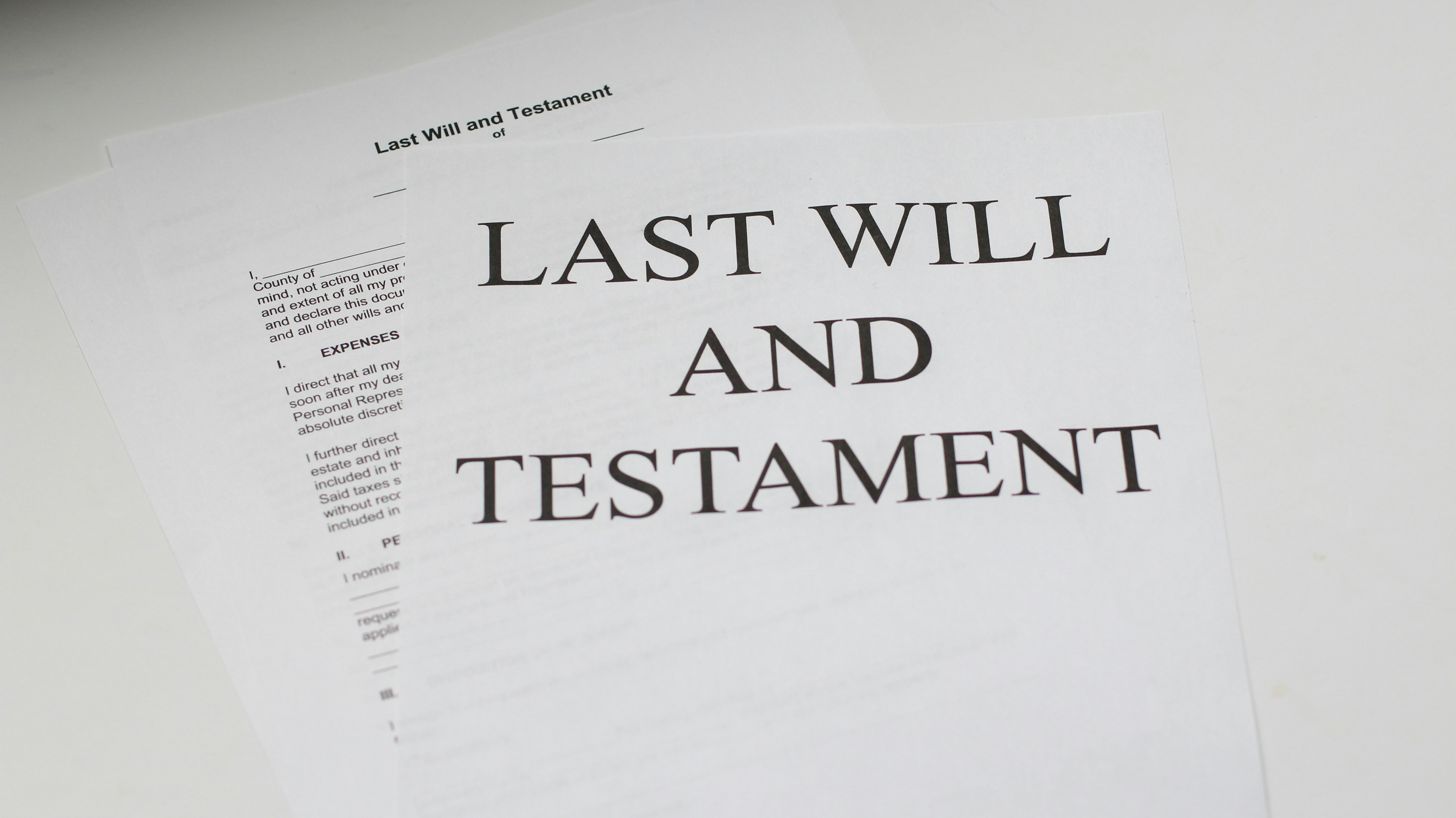All Blogs
Every business owner needs a will
Written By

Hunter Brown
Date
Oct 19, 2018
Category
Family
Length
We get it: nobody wants to even think about dying. But it has been proven conclusively that absolutely nobody gets out of this life alive.
Old age isn’t even listed as a cause of death any longer. Organ failure, disease, traffic accidents, natural disasters . . . lots of things can kill you and most of them are unexpected.
Face it.
No matter how smart, rich, good looking and successful you are, you could be run over by a bus tomorrow.
With a will, you control how your estate is distributed
In a will, you state your decisions about who you want to inherit your property and how you want to divvy it up. With a properly executed will, your choices are legally binding.
Without a will, everything you own will be dispersed by a probate court following your state’s rules of intestacy
Intestacy refers to people dying without a will; its rules are the default legal guidelines for handling your affairs. Every state has its own intestacy laws.
Typically, property with a total value greater than that of their outstanding debts is distributed by a probate court to a surviving spouse first, then to any children, then to extended family and descendants.
If no family can be found, the property generally reverts to the state.
When the court doles out your assets, people who are not related to you, including your favorite charities, alma mater, unmarried domestic partner, or anyone or anything you might want to leave part of your estate to will not receive anything.
On the other hand, people who are related to you—even if you haven’t spoken with them in years—can receive a portion of your estate.
But a will does much more than bestow property. It also lets you:
Name an executor
Creating a will gives you the chance to name someone to serve as executor to carry out the terms of your will. That person is responsible for gathering your assets, paying debts, filing tax returns, and eventually distributing your property in the way you directed.
If you don’t draft a will designating an executor, the court will appoint someone to fill the executor’s role, usually—but not necessarily—the surviving spouse or an adult child.
Name someone to manage children’s property
You might well want to leave valuable assets directly to minor children or young adults, especially if you’re not married to their other parent. But children need someone to manage assets for them until they’re old enough to do it themselves. A will lets create a trust that will come into being if the kids inherit before they’re adults or appoint a custodian under a law called the Uniform Transfers to Minors Act (UTMA).
Name your children’s guardian
Another consideration for your children is designating a guardian in the event that both you and your spouse die. Without that provision in your will or an advance directive regarding the care of your children, the court will decide on a guardian based on the best interest of the child. Family members are usually preferred, and they have the right to petition the court for the appointment. But there’s no guarantee they’ll stay in the family.
Every adult with assets should have a will, but it’s critical for a business owner
As a business owner, you directly impact the livelihood of everyone you employ. In addition, your business has a value that needs to be protected, even if it will be impossible for the business to continue without you.
In your will, you can pick someone you trust to make smart decisions about your business assets and to follow your wishes about keeping the business running during a transition time or closing it down in the most advantageous way.
Without a will, the court will decide what should be done with the company you may have spent a lifetime building. You could be leaving the fate of your business to a stranger who doesn’t know you, your family, or your business.
Contact Us for Accounting and Tax Services






